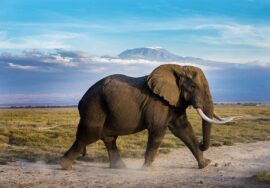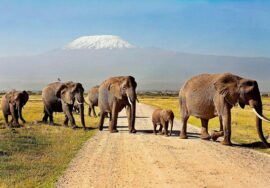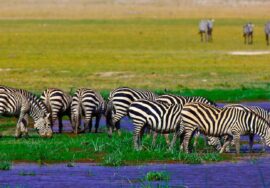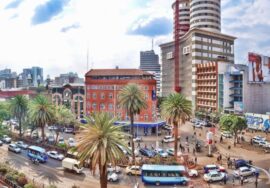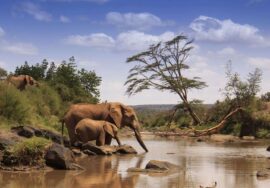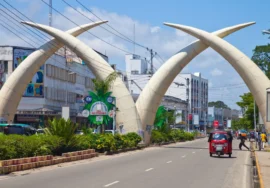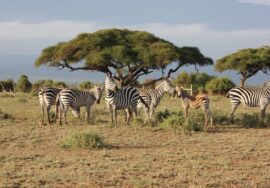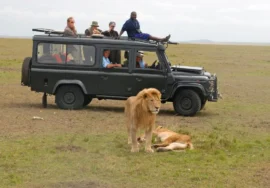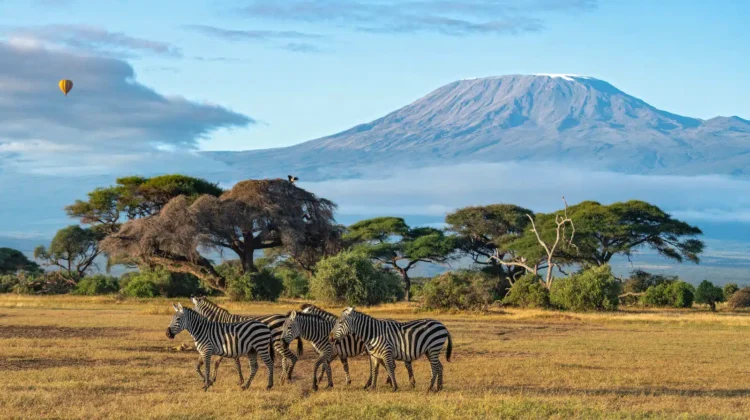
Masai Mara Safaris
Masai Mara Safaris
Location
The Masai Mara National Reserve, sometimes known as Maasai Mara, is located on Kenya’s western border with Tanzania.
Size
Masai Mara National Reserve covers approximately 580 square miles.
History
Established in 1961, the Masai Mara was originally a smaller reserve of 200 square miles. Over the years, it expanded and was granted National Reserve status in the 1970s, with a section returned to the local Maasai community, creating cohabitation between humans and wildlife. The reserve’s location and vast wildlife population make it one of Kenya’s most popular game reserves today.
Entrance Fees & Permits
The cost to enter the Masai Mara National Reserve is:
- Adults: $100 per adult (January-June) and $200 per adult (July-December)
- Children 9–17 years: $50 per child per day
- Children 0–8 years: Free
Rates are based on a 12-hour day.
Hours of Operation
The four currently open gates of the Masai Mara National Reserve operate daily from 6am to 6pm.
How to Get There
By Road
The reserve is 260 miles from Nairobi. Driving via the A104 takes approximately six hours. The four main gates are Talek, Sekenani, Musiara, and Oloolol.
By Air
A flight from Nairobi’s Wilson Airport to the Masai Mara National Reserve takes approximately 54 minutes.
Best Time to Visit
Weather & Climate
June, July, and August are dry and cooler, averaging 75°F. Temperatures rise to around 80°F during Kenya’s summer. The reserve sees year-round sunshine and has two distinct rainy seasons: short rains (November–December) and long rains (April–early May).
Avoiding Crowds
Visit in May–early June or September–October to avoid peak crowds while still enjoying excellent game viewing. Birdwatchers may prefer January–February after the short rains.
Value for Money
The Masai Mara offers a wide range of accommodation options, from large family-friendly lodges to intimate luxury tented camps, making it accessible to all budgets.
Wildlife and Landscape
Popular Wildlife Sightings
The Masai Mara is renowned for the great wildebeest migration around July and is home to the Big Five and a myriad of plains game. Peak season is July–September.
The Terrain
The reserve is mostly open grasslands with areas of acacia trees. The Siri Escarpment of the East Rift Valley forms the western boundary, and the Talek, Mara, and Sand Rivers provide water for wildlife.
Experiences
Game Drives
Open 4×4 safari vehicles are the most popular for early morning and late afternoon game drives. Closed 4×4 vehicles with pop-up roofs are also available. Full-day drives with picnic lunches are offered on some tours.
Guided Walking Safaris
Walking safaris are not permitted in the main reserve but may be arranged in conservancies or private reserves nearby, with a Masai or professional safari guide.

